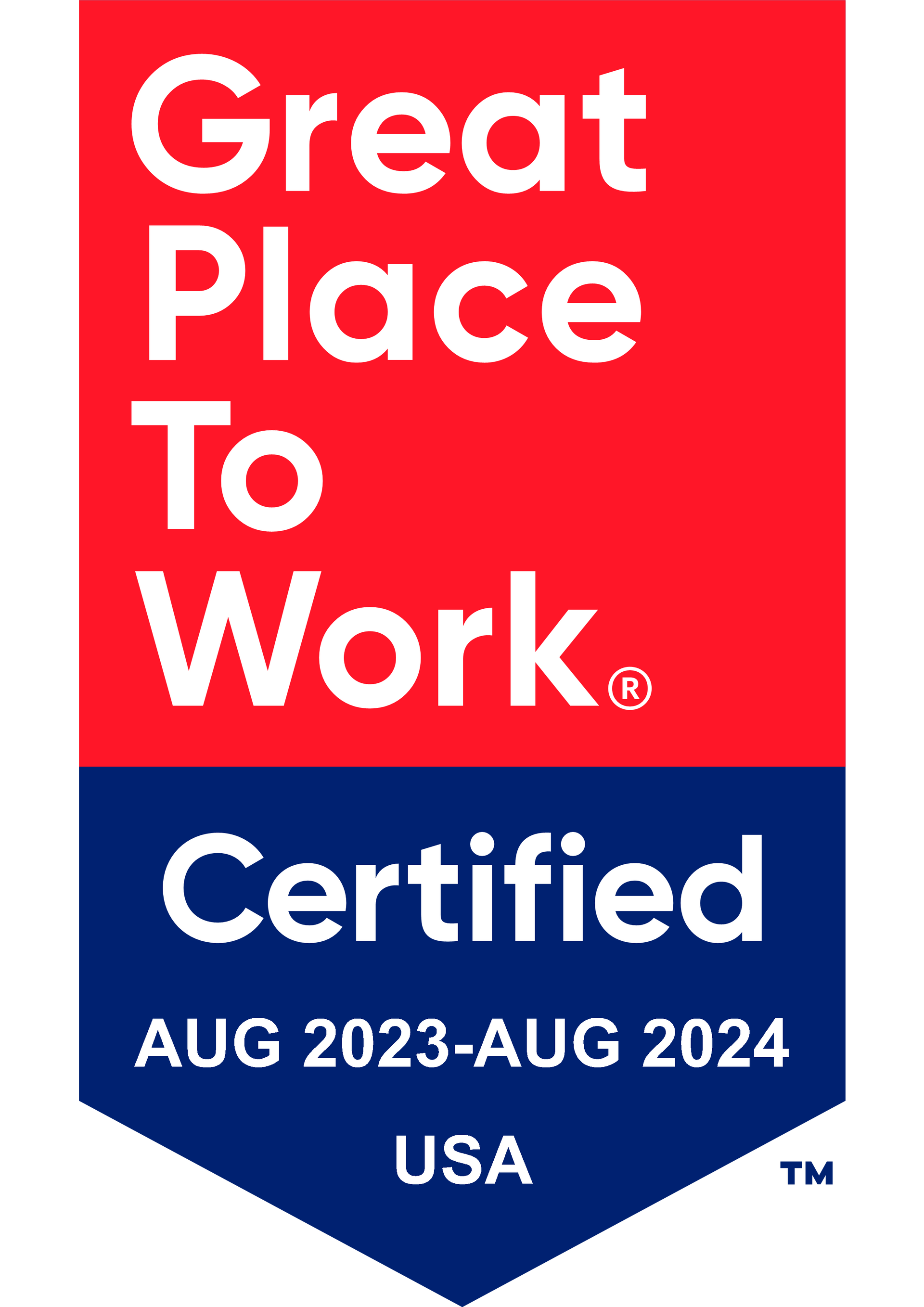Get in touch
408-366-8880
mymail@mailservice.com

Business Interruption Insurance and COVID-19
Owning and operating a business requires the purchase of insurance to mitigate risks associated with potential losses. Examples of essential business policies are property insurance, professional liability insurance, and commercial auto insurance. However, another necessary insurance policy many business owners overlook is business interruption insurance.
Business interruption insurance helps a business stay afloat if a temporary closure occurs due to covered perils. Without business interruption insurance, a company forced to close temporarily due to something like a fire or a hurricane would face dealing with income losses out of pocket. Many small businesses do not have the financial resources available to support payroll and other operating expenses when there is a loss of income due to forced closure.
WHAT DOES BUSINESS INTERRUPTION INSURANCE COVER?
Business interruption insurance typically covers a period of 30 days for temporary closure due to physical damages. The coverage can be extended to 365 days with the use of an endorsement. A coverage period is generally defined as the day the peril began through the date the business is returned to the pre-interruption condition or state. Some policies include a waiting period of 48 to 72 hours before benefit coverage commences.
Items covered under a business interruption insurance policy include:
- Fixed costs
- Profits
- Commission and training
- Temporary facilities
- Additional expenses incurred
- Payroll expenses
- Civil authority or government-mandated closure
- Loan payments
- Business taxes
FIXED COSTS
Fixed costs covered include operating expenses and other costs of conducting business.
PROFITS
Profits that would have been earned if the peril had not occurred are covered. The profit amount is projected based on prior months’ performance.
COMMISSIONS AND TRAINING
When a company needs to replace equipment due to a business interruption, they often need to train employees to use the new equipment. These costs are usually covered by business interruption insurance.
TEMPORARY FACILITIES
If a company temporarily relocates to a new location, costs associated with the relocation and operation from the temporary location are often covered.
ADDITIONAL EXPENSES INCURRED
Reasonable expenses that support the business’s continued operations are typically reimbursable under business interruption policies.
PAYROLL EXPENSES
Business interruption insurance helps companies continue to pay their workforce during the temporary closure. This is essential so that businesses can retain their current staff.
CIVIL AUTHORITY OR GOVERNMENT-MANDATED CLOSURE
In some instances, business interruption insurance will cover temporary closures due to a government-mandate requiring businesses to shut down. Such closures are often due to a nearby event, such as a building fire. This can lead to the government temporarily shutting down all businesses in the area as a result.
LOAN PAYMENTS
Loans generally require continued payment during a temporary business closure. These loan payments are typically covered under business interruption policies while the business is not generating an income.
BUSINESS TAXES
Business interruption insurance covers business taxes due during the temporary closure. Such coverage helps businesses avoid late payment penalties and fees.
Keep in mind the insurance company is only obligated to pay for losses that actually occur due to the business interruption. In other words, if there is an event that causes a business interruption, but no losses are incurred, then the policy would not pay the insured.
Furthermore, when losses do occur, the amount paid to the insured would not exceed the amount of loss or the limits stated in the policy, whichever is less.

WHAT IS NOT COVERED BY BUSINESS INTERRUPTION INSURANCE?
Business interruption insurance provides financial protection from many different losses due to a temporary business shutdown. However, as with any insurance policy, there are exclusions.
Business interruption insurance policies do not cover:
- Earthquake and flood damage
- Utilities
- Broken items, such as glass, resulting from a covered peril
- Undocumented income not listed on financial records of the covered business
- Pandemics, communicable diseases, and viruses, such as COVID-19
HOW CAN ONE PURCHASE BUSINESS INTERRUPTION INSURANCE?
Business interruption is not sold as a separate policy. Instead, it is sold as an add-on to an existing insurance policy. There are different policy options and configurations that allow for the inclusion of business interruption coverage.
Property, liability, and business interruption insurance are often combined as part of a business owner’s policy for small-to-midsize businesses. Commercial property insurance policies can include an endorsement that extends coverage to business interruption perils, as well.
It is best to speak with an insurance broker to clarify your options for business interruption insurance. A broker can assess your current risks and existing insurance policies to determine what level of business interruption coverage you might need and where to include it.
Brokers also have access to several insurance companies, so they can shop around to find the best pricing and policies available for your business needs.

HOW MUCH COVERAGE IS NEEDED?
It is recommended that businesses utilize profit projections to determine the amount of business interruption insurance coverage required. Using a monthly forecast allows businesses to secure a 30-day plan.
For extensions of 365 days with an endorsement, the monthly projection can be multiplied by 12 months to determine the coverage level. If losses exceed the coverage level, the business will be responsible for covering the excess amount.
WHAT IS THE COST OF BUSINESS INTERRUPTION INSURANCE?
The cost of business interruption insurance varies. The price of coverage depends on certain risk factors, including:
- Company industry
- Level of coverage
- Claims history
- Number of employees
- Location of business
Some businesses will have lower premiums compared to other businesses. For example, a law office will likely have lower premiums than a restaurant since a law firm can relocate more easily to a new location and has a lower risk of fires. Businesses that operate in locations with a higher risk of natural disasters, such as hurricanes, will likely have a higher premium than companies at lower risk of such natural disasters.

BUSINESS INTERRUPTION INSURANCE AND COVID-19
Business interruption insurance has garnered a lot of attention in 2020 as a result of the COVID-19 pandemic. Unfortunately, in most instances, business interruption insurance does not cover business interruption due to COVID-19. As a result, many businesses have been left to absorb and manage the losses on their own, frequently leading to business closures.
As of August, more than 1,000 COVID-19 insurance-related lawsuits have been filed due to disputes over the absence of coverage for COVID-19 business interruption losses. Congress and many states are considering legislation that requires insurers to provide payments to small businesses while providing a “reinsurance backstop” for insurers.
Policymakers are looking at measures to protect businesses against current losses due to the pandemic. They are also looking at ways to protect businesses against losses due to events similar to COVID in the future.
In the United States, government assistance has been developed to specifically support businesses that have experienced business interruption and losses due to COVID-19. According to the Insurance Information Institute, in February 2020, the United States Insurance Services Office (ISO) developed two optional commercial property policy endorsements for business interruption due to closures related to the pandemic.
However, not all insurers are willing to offer this coverage.
Some insurers offer non-damage business interruption insurance, including losses due to viral outbreaks, though this type of insurance coverage is limited. Public-private partnerships are in the works to hopefully support pandemic-related losses going forward. Many insurance supervisors in various states are also researching business interruption gap protection to determine which policies offer protection for losses due to COVID.
CONTACT KBI TO DISCUSS YOUR BUSINESS INTERRUPTION COVERAGE OPTIONS
These are especially challenging times for small- and medium-sized businesses. Protecting the company and determining ways to recoup losses resulting from COVID-19 is essential for many companies to remain financially viable.
KBI is here to help! Our team of brokers has decades of experience in supporting businesses with their insurance coverage needs. We work with you to assess your current situation and needs to provide guidance for the best options for business continuity and operations. Our goal is to help you remain operational for as long as you desire to keep your business going!
Contact us today by submitting our online contact form or calling us at 408.366.8880. We look forward to working with you!
Services
Latest Thinking




